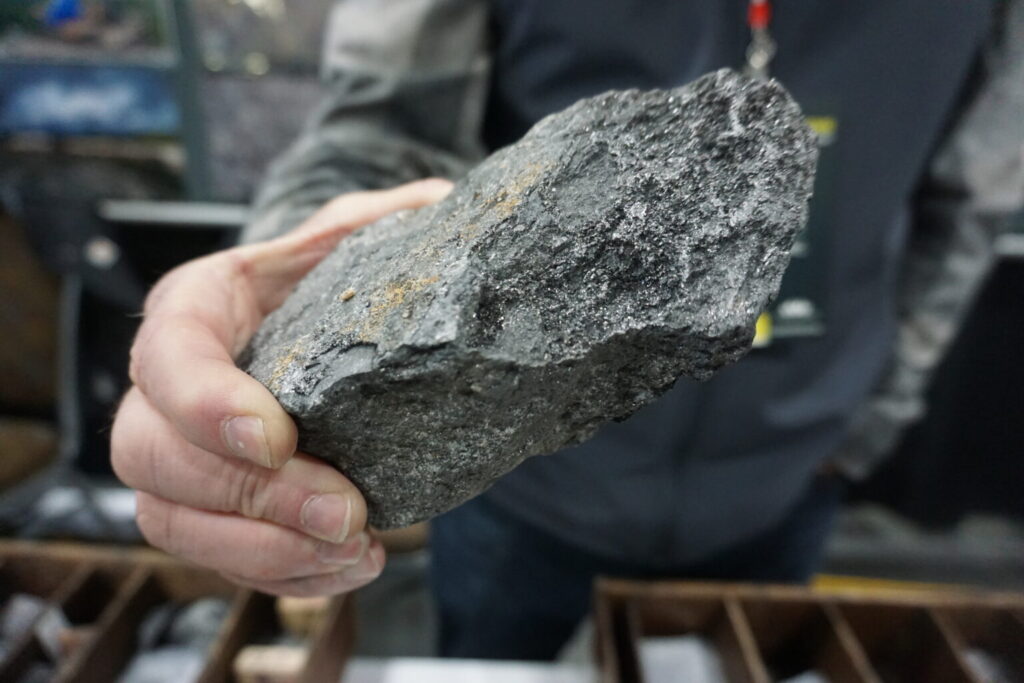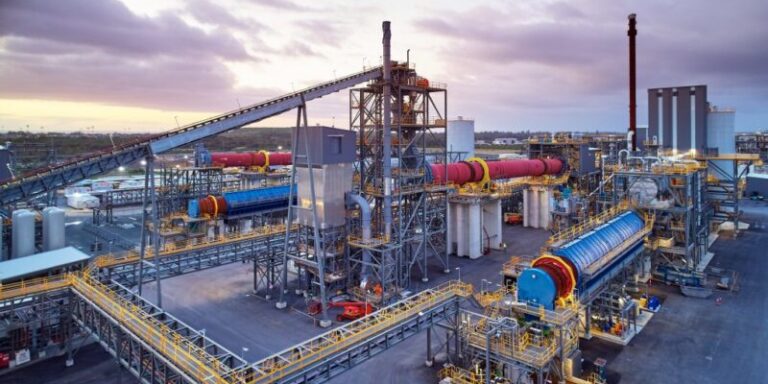
Mozambique’s graphite production, a key material for electric batteries, fell by 40% in the first half of 2024 due to halted operations at two major mines.
According to government data, the country produced 34,899 tonnes of graphite from January to June 2024, reaching only 11% of the annual target of 329,040 tonnes. This is a significant drop compared to the 58,708 tonnes produced in the same period in 2023.
The decline is attributed to the ongoing shutdown of the GK Ancuabe Graphite Mine, which has been inactive since 2023, and the temporary suspension of operations at Twigg Mining and Exploration, the Mozambican subsidiary of Australian company Syrah Resources.
The suspension was driven by weak global demand and price volatility in the graphite market.
Despite the challenges, Syrah Resources managed to export 10,000 tonnes of graphite from its Balama mine in northern Mozambique to an Indonesian battery manufacturer in the first half of 2024.
This marked the first large-scale sale of natural graphite from Balama to Indonesia, acquired by BTR New Energy Materials, a significant development in Syrah’s sales diversification strategy.
Syrah noted that the demand for natural graphite in China was affected by uncertainties surrounding graphite export licenses, impacting overall sales.
Balama’s graphite production increased to 41,000 tonnes in Q1 2023, up from 35,000 tonnes in the previous quarter, with sales rising from 28,000 to 30,000 tonnes during the same period.
The Mozambican government had projected a significant increase in graphite production in 2024, aiming for over 329,040 tonnes, an increase of more than 180% compared to 2023.
However, the actual production in the first half of 2024 was only 22% of this target due to the aforementioned disruptions at key mining operations.
Mozambique’s graphite production had previously peaked at 120,000 tonnes in 2020 but declined to 77,116 tonnes in 2021, with subsequent estimates for 2022 and 2023 at 182,024 and 117,416 tonnes, respectively.





